



Attraction

Recreation
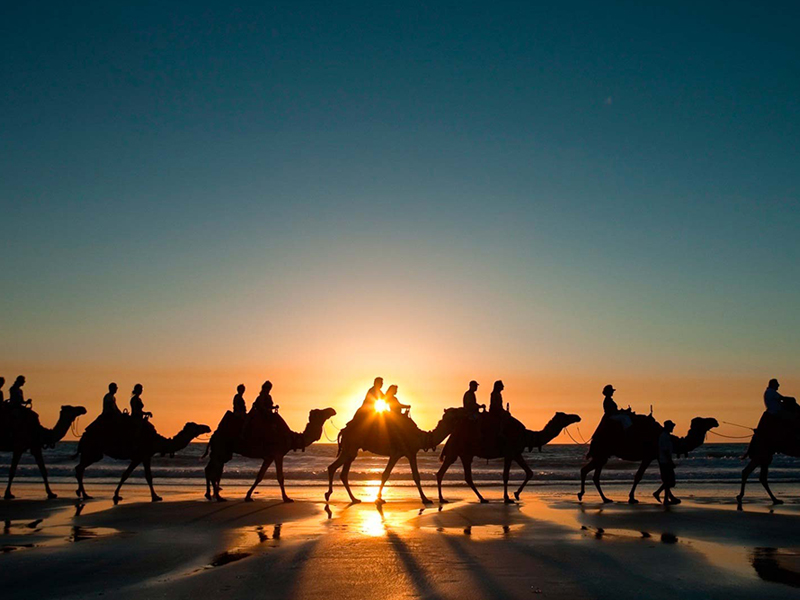 Abu Rayhan Beruni was born on September 4, 973 in the suburbs of the town of Kyat, the ancient capital of Khorezm. He was brought up in the family of a famous scholar, prominent mathematician and astronomer Abu Nasr ibn Irak, which belonged to the dynasty of Khorezm-shah – Afrigides.
|
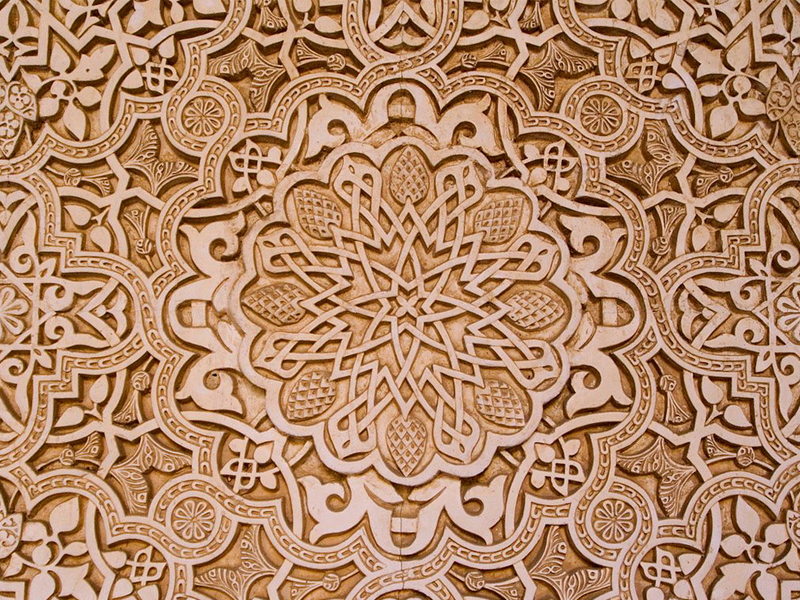 In 1017 the sultan Mahmud Gaznavi had moved him and Abu Rayhan Beruni to the city of Gazna where he went on his work at the sultan’s court. To the date he had worked in Kyat – the capital of Afrigides and Urgench. He died in 1036.
|
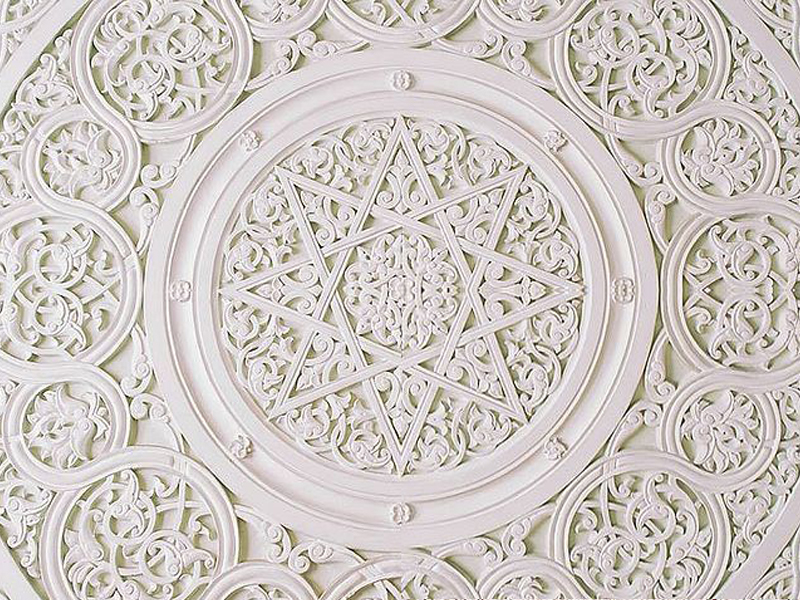 Muhammad al Khorazmi was the author about 20 scientific works that were written in Arabian. Today, only seven of them are available
|
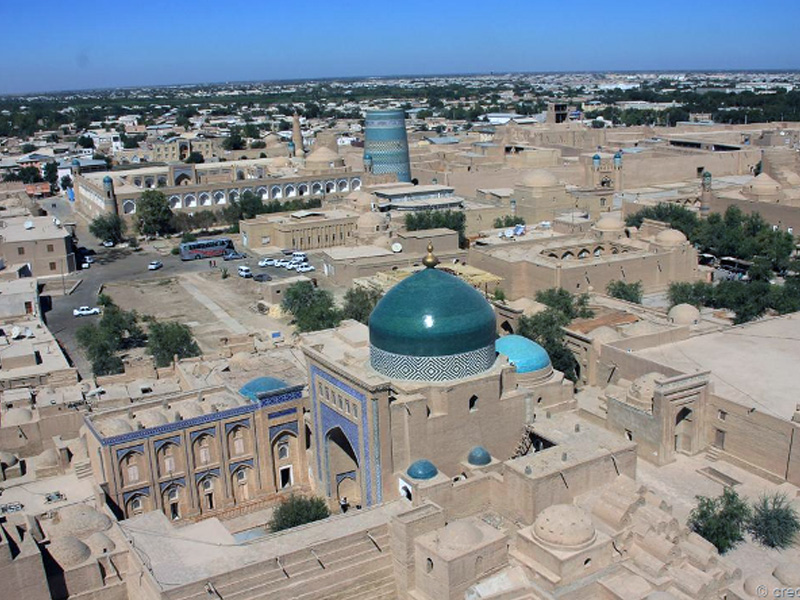 A comprehensive study of the monuments of Khivan architecture began in 1950 utilizing the plans of B.N. Zasipkin and R.A. Miroshnichenko. Since 1952 under the leadership of I. Motkin and with the participation of architects Kh. Mamishev, R. Fakhritdinov and S.D. Shtange and archaeologists Eulanov, S.I, Urenevich scientific measurements were made of the gates of the Palvan-darvaza and the bath houses of the Anush-khan Kukhn-Ark, the mausoleums of Said Allautdin and Uch Avliy, the madrasa of Sher-gazi-khan, the Alla-kul-khan, Kutloog-Moorud inak, the Djuma mosque and the Ak-mosque and other monuments.
|
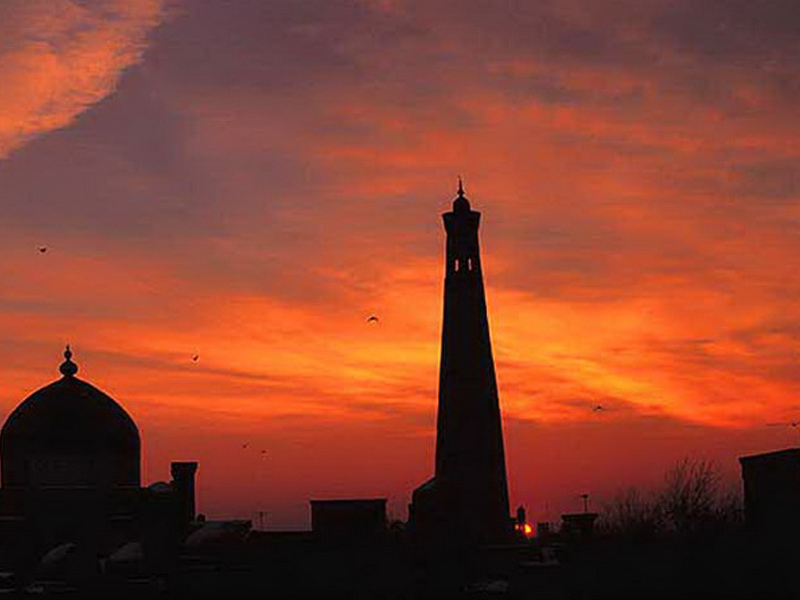 In the 1860s, the Russian Empire launched an all-out attack on Central Asia. This was not the first Russian invasion of Central Asia. Cossacks led by ataman Mechai made a raid on Khiva during the rule of Khan Arab Mukhammad (1602-1623). When the khan was not in Khiva, thousands of Cossacks burst into the city of Urgench, robbed its inhabitants, and attempted to carry away thousands of young prisoners of both sexes. However, on his return Ara Mukhammad overtook the Cossacks and annihilated them.
|
 Through its centuries-old history, Khiva, time and time again, experienced periods of decline and advancement, until it achieved its culmination of development in the nineteenth century. The main plan of the town, formed in the nineteenth century is yet preserved.
|
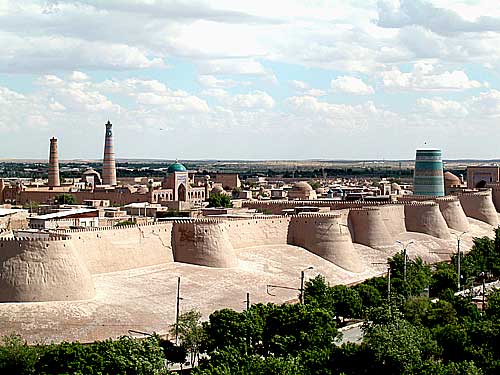 This marked the beginning of Djunaid Khan's revolt, which involved the biggest part of the nomadic tribes of Turkmen on the boundary of the Khorezm Oasis. An uprising in Khazar-saps and Pitnyak, mostly inhabited by Uzbeks, also played an important role in this event. The national freedom movement grew and soon reached Khiva.
|
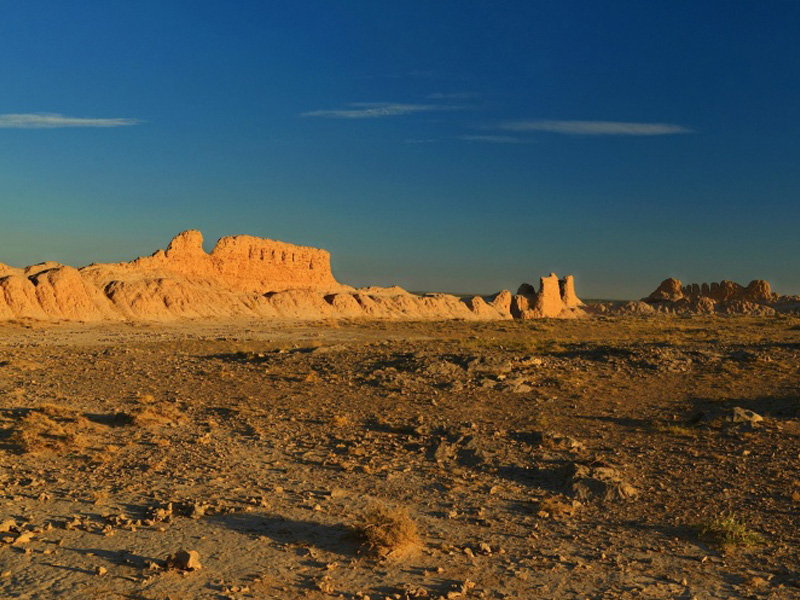 In April 1920 in Khiva, the first Khorezm Kurultay (meeting) of the people's representatives took place. The Kurultay declared the abolition of the Khiva khanate, and the program of the mladokhiva activists was accepted as the basis of a new government.
|
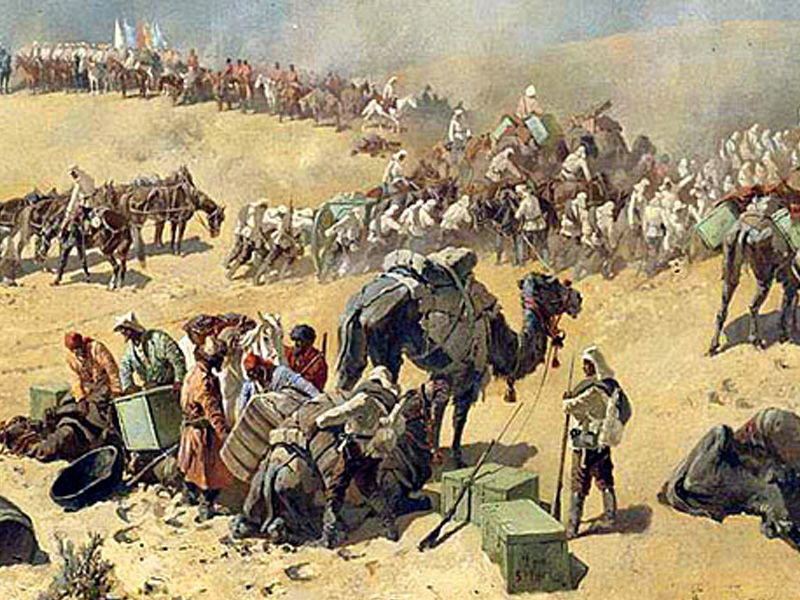 In the 1860s, the Russian Empire launched an all-out attack on Central Asia. This was not the first Russian invasion of Central Asia. Cossacks led by ataman Mechai made a raid on Khiva during the rule of Khan Arab Mukhammad (1602-1623). When the khan was not in Khiva, thousands of Cossacks burst into the city of Urgench, robbed its inhabitants, and attempted to carry away thousands of young prisoners of both sexes. However, on his return Ara Mukhammad overtook the Cossacks and annihilated them.
|
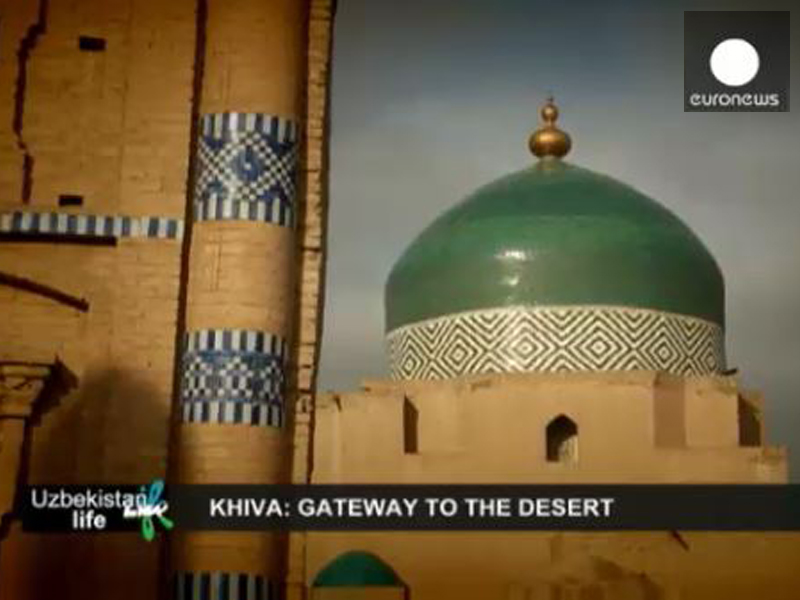 On the threshold of the desert in Uzbekistan Khiva maintains traditions dating back thousands of years. There is plenty to discover in this age-old city and the ancient fortresses of the Kyzyl-Kum desert.
|